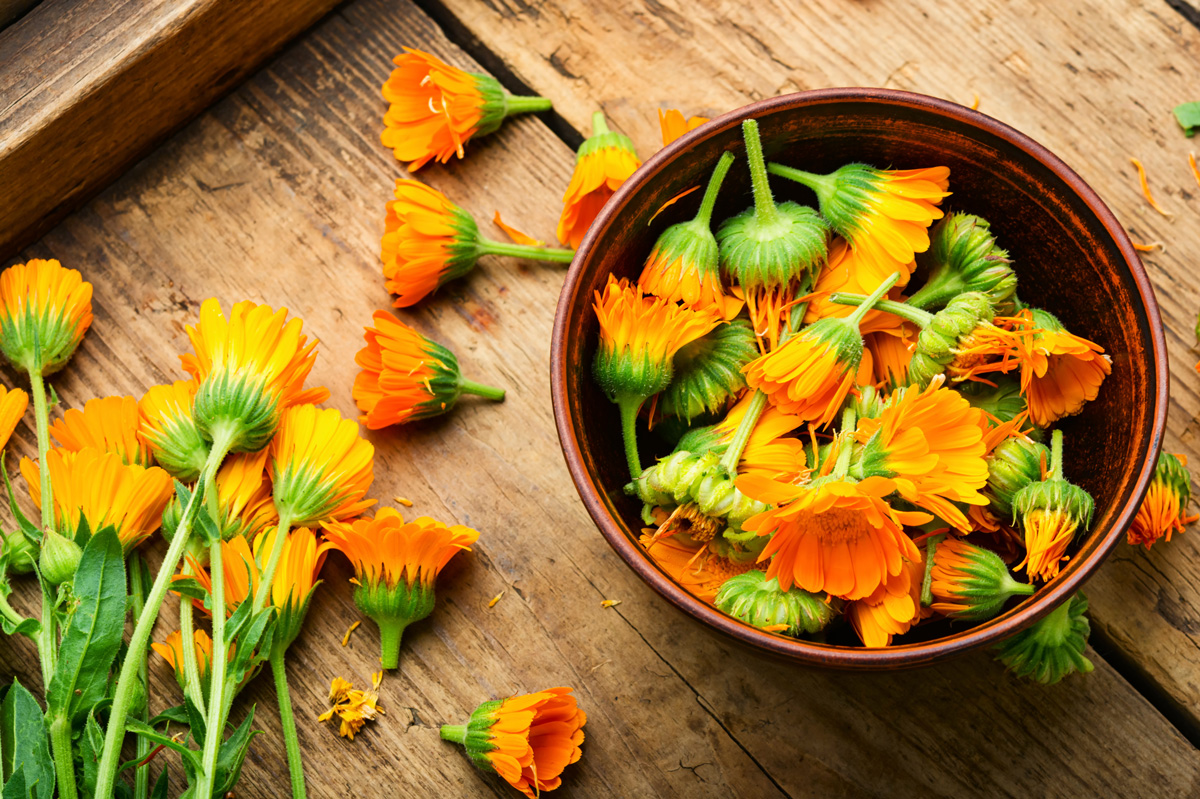Cystitis is a medical term that refers to inflammation or infection of the bladder. It is a common condition, particularly among women and is often caused by bacteria entering the urinary tract. The primary symptom of cystitis is a frequent and urgent need to urinate, along with a burning or painful sensation during urination. Other symptoms may include cloudy or bloody urine, lower abdominal discomfort and a feeling of incomplete emptying of the bladder. Cystitis can range from mild to severe and prompt treatment is necessary to relieve symptoms, prevent complications, and promote healing.
Homeopathy is a holistic system of medicine that works on the principle of “like cures like.” It uses highly diluted substances to stimulate the body’s own healing mechanisms. Homeopathic remedies can be effective in addressing anxiety by addressing the underlying causes and promoting overall wellbeing.
Here are seven commonly used homeopathic remedies for cystitis:
1. Cantharis vesicatoria (Canth.)
A well-known remedy for cystitis with intense burning and cutting pain during urination. The person may experience a constant urge to urinate but pass only a small amount of urine at a time. Read more…
2. Apis mellifica (Apis)
Recommended for cystitis with a burning, stinging pain in the bladder area. The person may have frequent urination, but the amount of urine passed is scanty. Read more…
3. Sarsaparilla officinalis (Sars.)
This is indicated for cystitis with severe pain at the end of urination. The person may also experience a constant urge to urinate and may pass small quantities of urine. Read more…
4. Pulsatilla nigricans (Puls.)
Suitable for cystitis that occurs after the person has been chilled. The urine may be thick, milky or changeable in color. The person may have a desire to urinate frequently, even at night. Read more…
5. Sepia officinalis (Sep.)
A remedy recommended for cystitis with a constant pressure and bearing-down sensation in the bladder. The person may have a strong, urgent need to urinate, but little urine is passed. Read more…
6. Staphysagria (Staph.)
Indicated for cystitis that occurs after sexual activity. The person may experience a burning, cutting pain while urinating and the urge to urinate may be frequent. Read more…
7. Berberis vulgaris (Berb.)
Suitable for cystitis with a burning, smarting pain in the bladder region that extends to the kidneys. The urine may be cloudy and may contain sediment. Read more…
Natural ways to help cystitis heal:
1. Hydration: Drink plenty of water to help flush out bacteria and promote urine flow. Cranberry juice or herbal teas like chamomile or marshmallow root can also be beneficial.
2. Heat therapy: Apply a warm compress or use a heating pad on the lower abdomen to help alleviate pain and relax the bladder muscles.
3. Urinate frequently: Emptying the bladder regularly helps to flush out bacteria and reduce the risk of infection.
4. Avoid irritants: Avoid irritants such as caffeine, alcohol, spicy foods and carbonated beverages that can irritate the bladder and worsen symptoms.
5. Good hygiene: Practice good hygiene by keeping the genital area clean and dry. After urination, wipe from front to back to prevent the spread of bacteria.
6. Urinary alkalizers: Some individuals find relief by taking over-the-counter urinary alkalizers to help neutralize urine acidity.
7. Stress management: Stress can exacerbate cystitis symptoms. Engage in relaxation techniques such as deep breathing, meditation or gentle exercise to reduce stress levels.
It is important to consult with a healthcare professional for a proper diagnosis and guidance on managing cystitis, especially if symptoms persist or worsen. They can provide appropriate treatment options and ensure the well-being of individuals experiencing cystitis.


